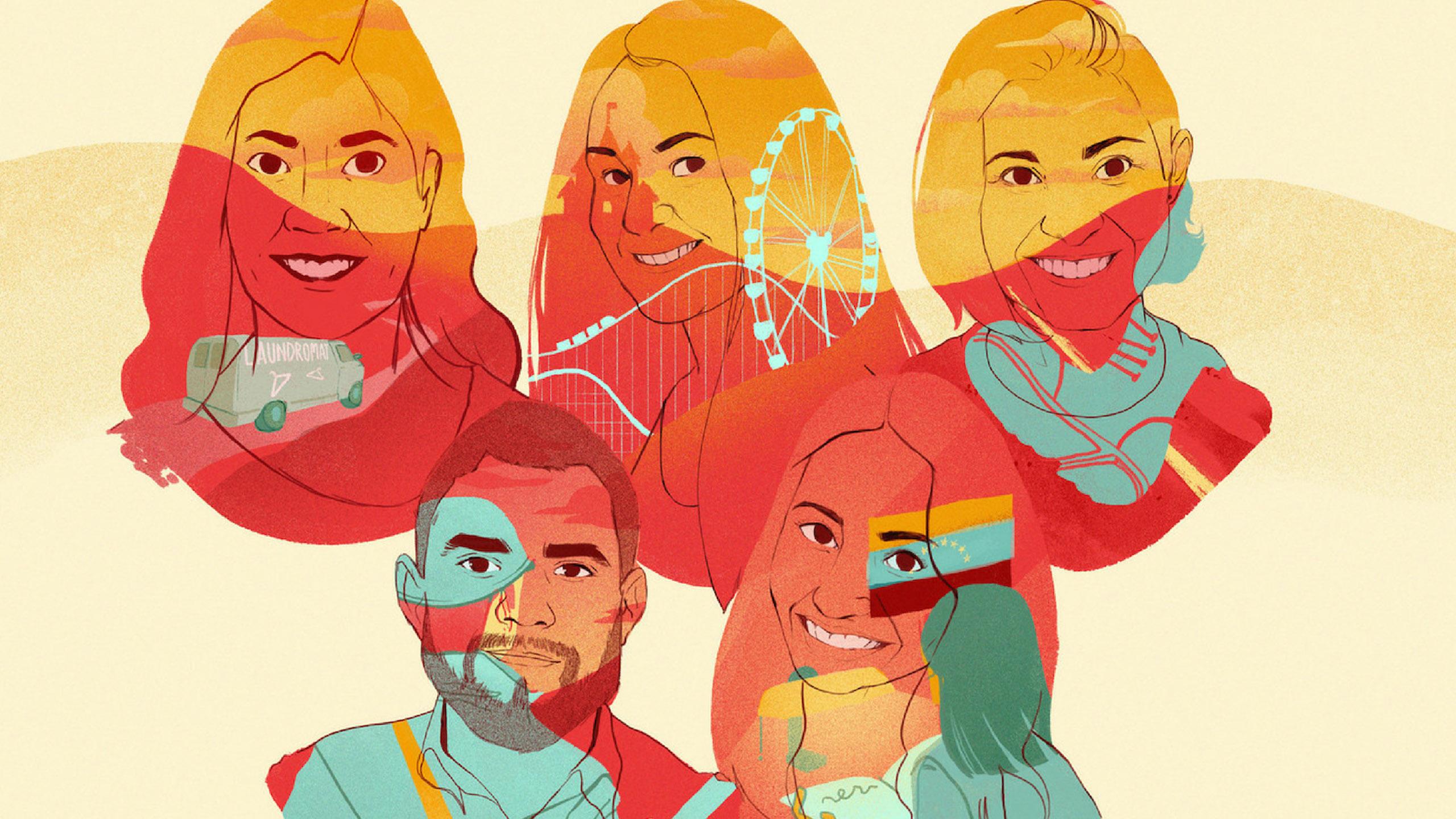By Lidia Abraha
Faculty, alumni and staff discussed how to overcome the challenges of settling in Canada from Latin American countries. The panel, called Latinx Group Mentoring: Growth & Settlement in Canada,was organized by the Ryerson Tri-Mentoring Program in collaboration with the Organization of Latin American Students (OLAS) and the International Student Support.
Panelists included Maricruz Rodriguez, a mentoring facilitator for the Tri-Mentoring Program, Dong-Yow Hsieh, a Ryerson alumni, Fadi Layyous, a current student and Arsenio Andrade, a Latin dance instructor at Ryerson.
They each discussed their unique experience migrating to Canada. Hsieh was born in Canada, but grew up in Paraguay with Chinese parents.He recalls having a hard time registering as a student and not knowing who to turn to for little things,like how to fix his water pipes.
“I would put tape around it,”Hsieh said as he laughed with the crowd. “For emergencies I had to solve it myself.”This event was a conclusion to their ongoing series of Latinx community events for the year.Earlier events discussed topics on how religion affects society in Latin America, and intersectionality and privilege.
Sofia Ontiveros, the organizer and second-year performance dance student, said that she wanted the next event to focus on immigration and how immigration plays a role in your life based on where you come from. “I wanted to provide that sense of community on campus,” said Ontiveros. “This is my second year in Canada coming from Mexico. It was really hard to transition into here…I had to unlearn many things and let go of certain people back home, and disattach from certain things, and accept that I now live here with two identities merging within each other.”
Julia Batista said she was interested in the event because the panelists had intersectional back-grounds. “The thing that stood out to me was the range of back-grounds even within one person…You’re a part of many identities and many communities.”Rodriguez said that this was a good opportunity to tune into the multicultural experience from Latinx community members.
“As international students and newcomers to the country, especially youth, they need support they need to know they’re not the only ones experiencing these settlement barriers,” she says.One of the topics discussed by the panelists was the importance of making connections as a newcomer. Rodriguez said that’s something most people would take for granted.
Faculty, alumni and staff discussed how to overcome the challenges of settling in Canada from Latin American countries.
The panel was called LatinX Growth and Settlement in Canada and it was organized by Ryerson’s Tri-Mentoring program in collaboration with the Organization of Latin American Students (OLAS) and the International Student Support.
Panelists included Maricruz Rodriguez, a mentoring facilitator for the Tri-mentoring program, Dong-Yow Hsieh, a Ryerson alumni, Fadi Layyous, a current student and Arsenio Andrade, a Latin dance instructor at Ryerson.
They each discussed their unique experience migrating to Canada. Dong-Yow Hsieh was born in Canada, but grew up in Paraguay with Chinese parents.
He recalls having a hard time registering as a student and not knowing who to turn to for little things, like how to fix his water pipes.
“I would put tape around it,” Hsieh said as he laughed with the crowd. “For emergencies I had to solve it myself.”
This event was a conclusion to their ongoing series of Latinx community events for the year.
Earlier events discussed topics on how religion affects society in Latin America, and intersectionality and privilege.
Sofia Ontiveros, the organizer and second year performance dance student, said that she wanted the next event to focus on immigration and how immigration plays a role in your life based on where you come from.
“I wanted to provide that sense of community on campus,” said Ontiveros. “This is my second year in Canada coming from Mexico. It was really hard to transition into here… I had to unlearn many things and let go of certain people back home, and disattach from certain things, and accept that I now live here with two identities merging within each other.”
Julia Batista said she was interested in the event because the panelists had intersectional backgrounds. “The thing that stood out to me was the range of backgrounds even within one person…You’re a part of many identities and many communities.”
Rodriguez said that this was a good opportunity to tune into the multicultural experience from Latinx community members. “As international students and newcomers to the country, especially youth, they need support they need to know they’re not the only ones experiencing these settlement barriers,” she says.
One of the topics discussed by the panelists was the importance of making connections as a newcomer. Rodriguez said that’s something most people would take for granted.
“Honestly connections is what keeps you motivated. Friendships are what keeps you motivated…When you don’t have those connections it can be really lonely experience,” said Rodriguez.
Although this is the last Latinx event organized by the Tri-Mentoring program this year, there will be more in the fall.
“They’re able to mentor them and find support and apply strategies they applied when they came to Canada so that it will be an easier transition,” said Rodriguez.













Leave a Reply